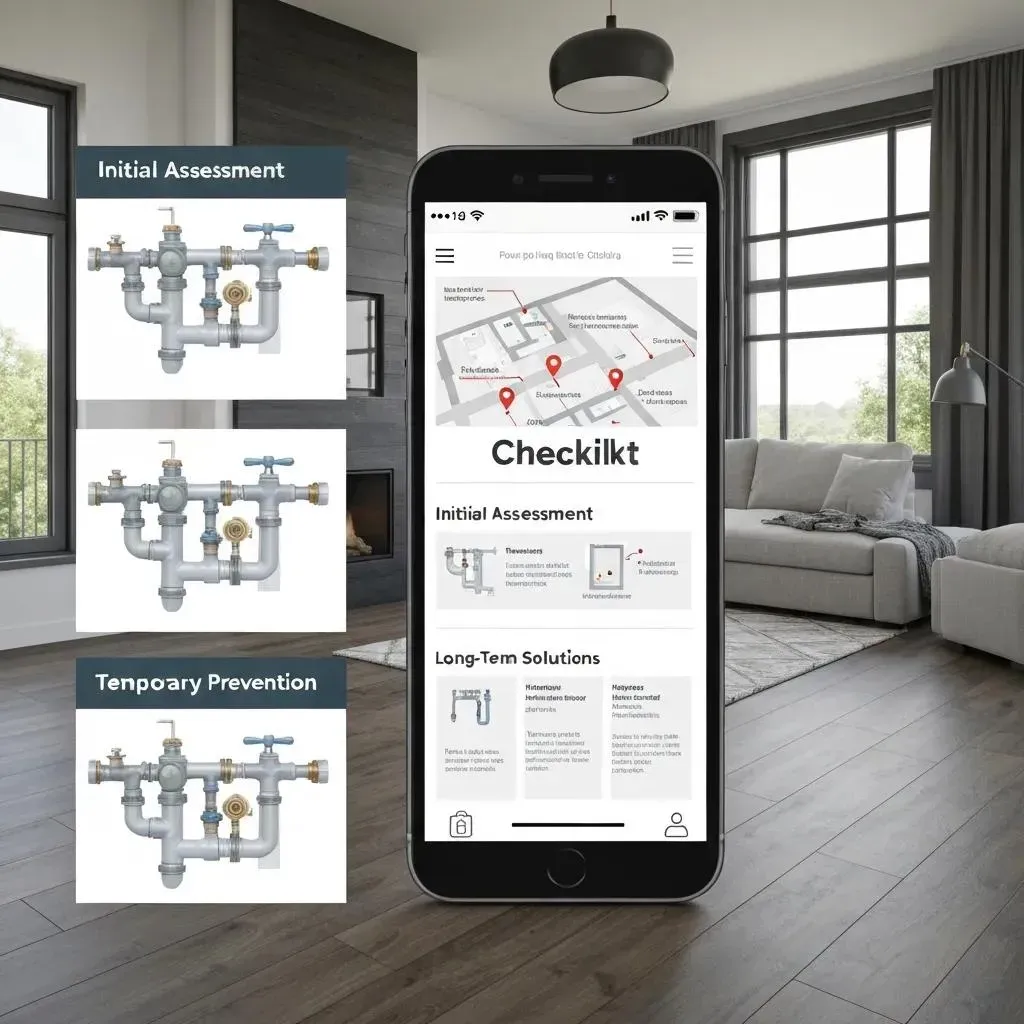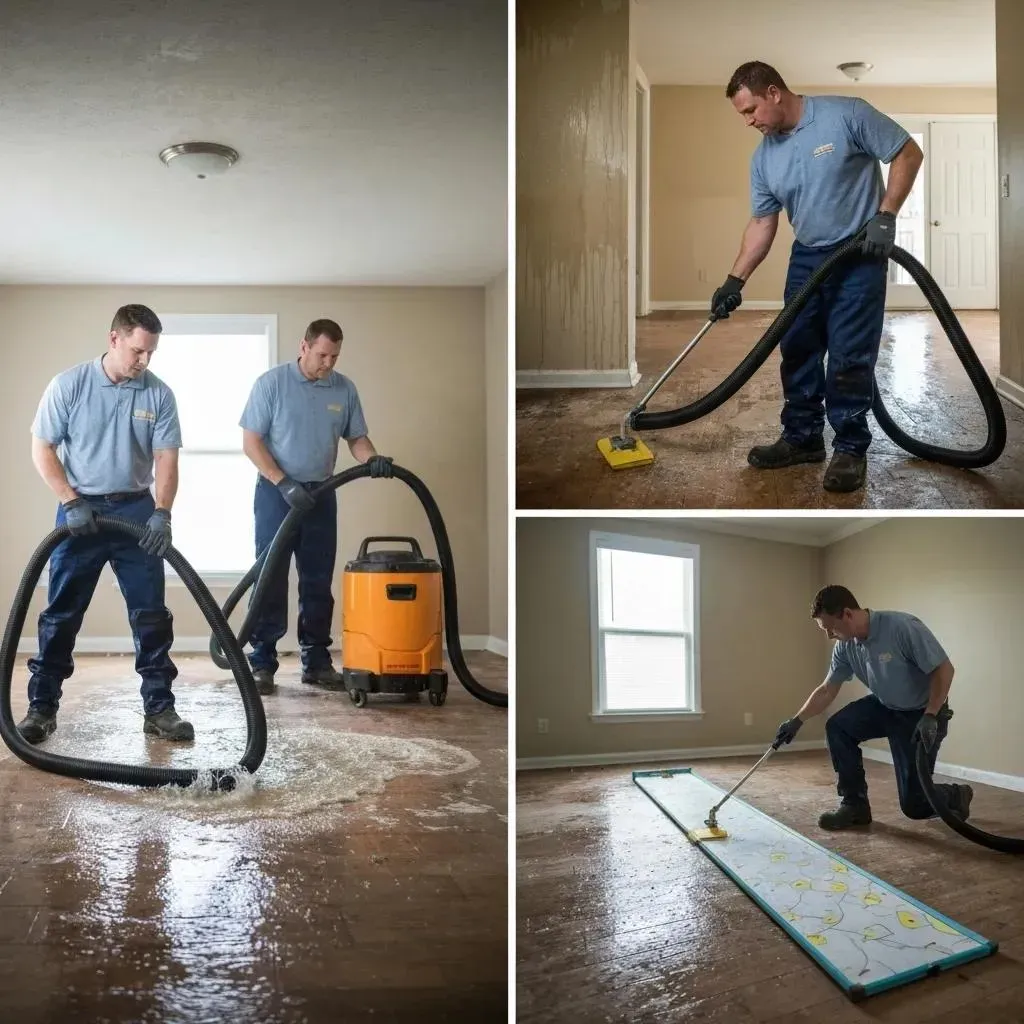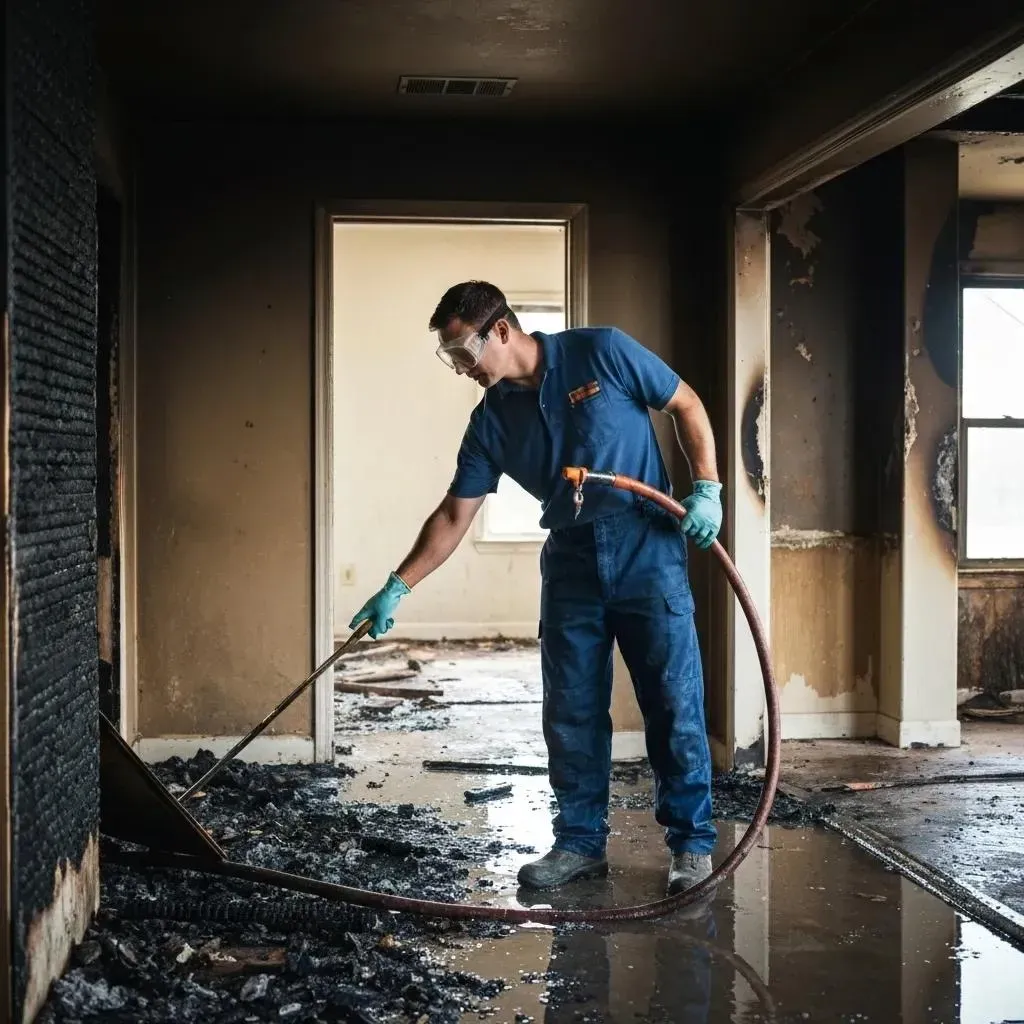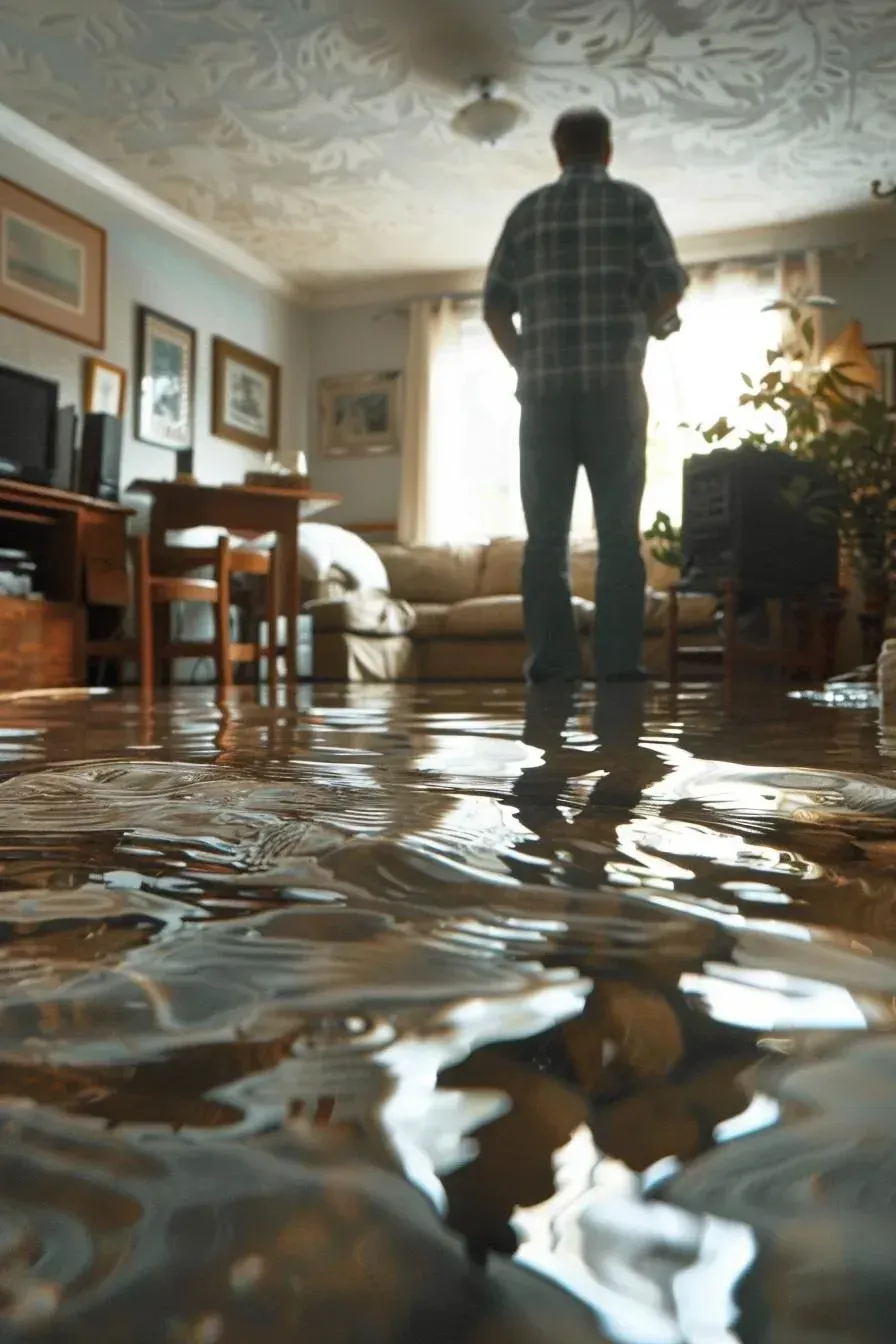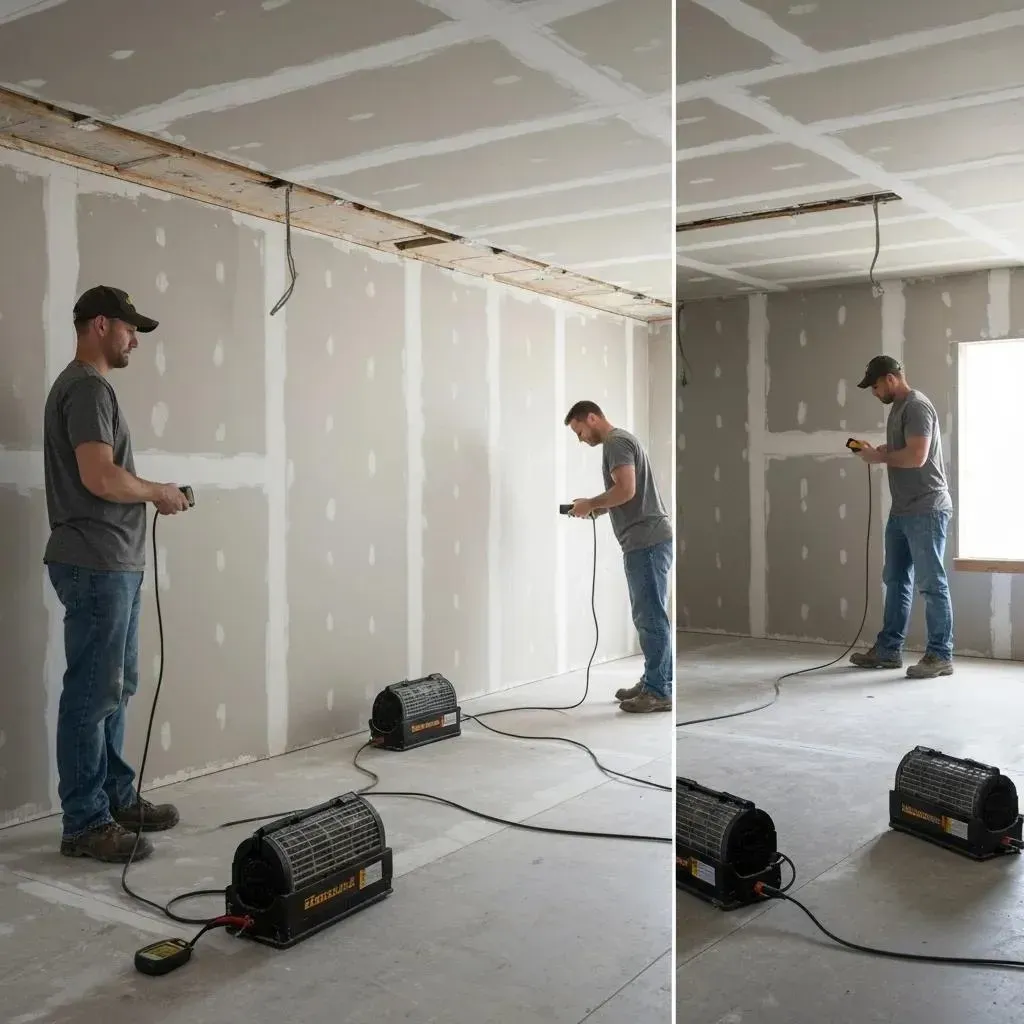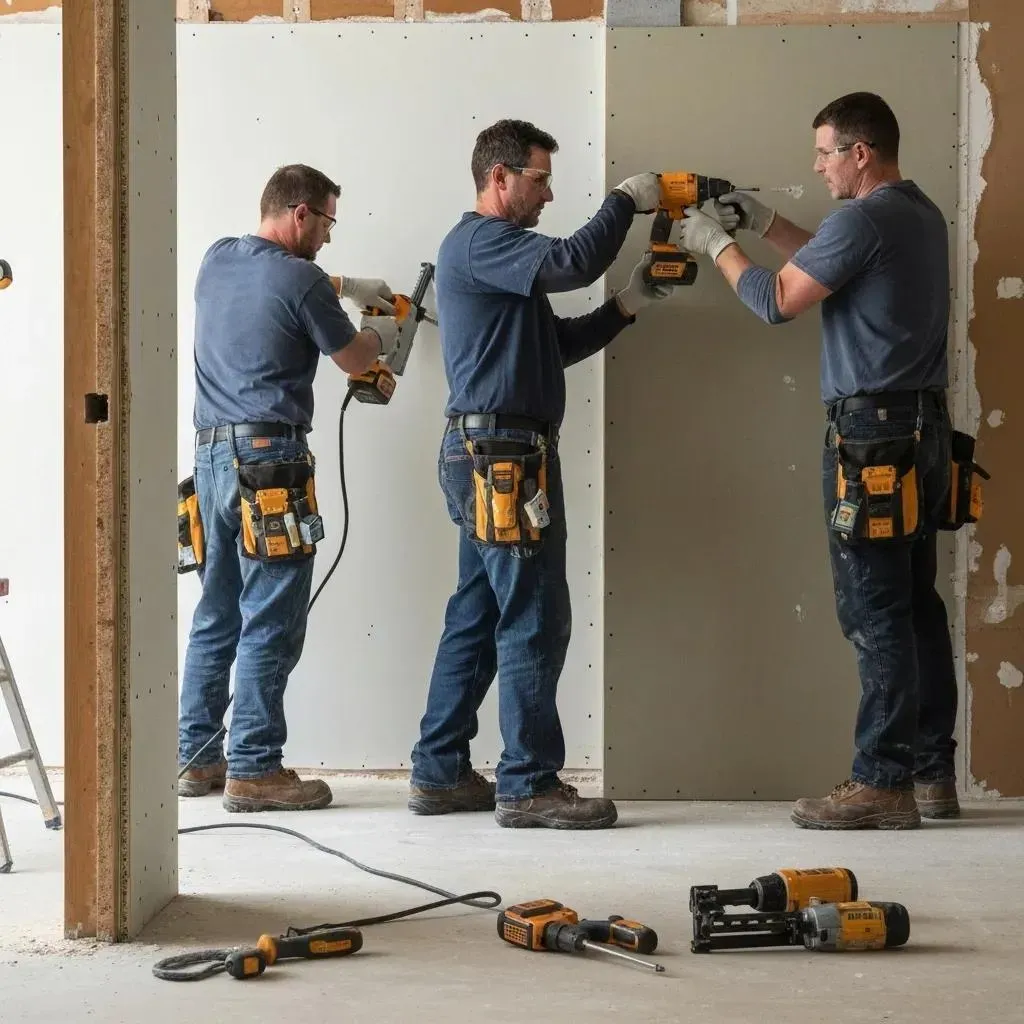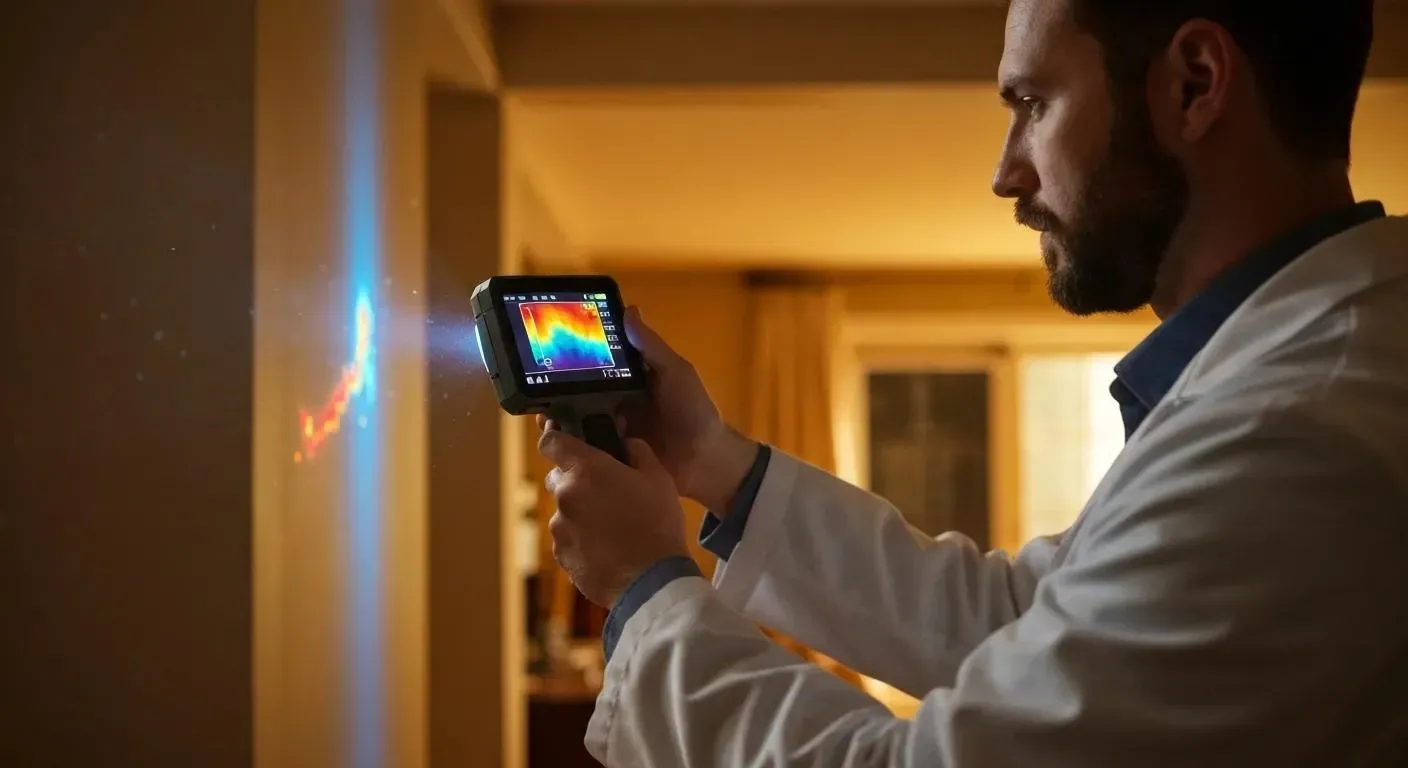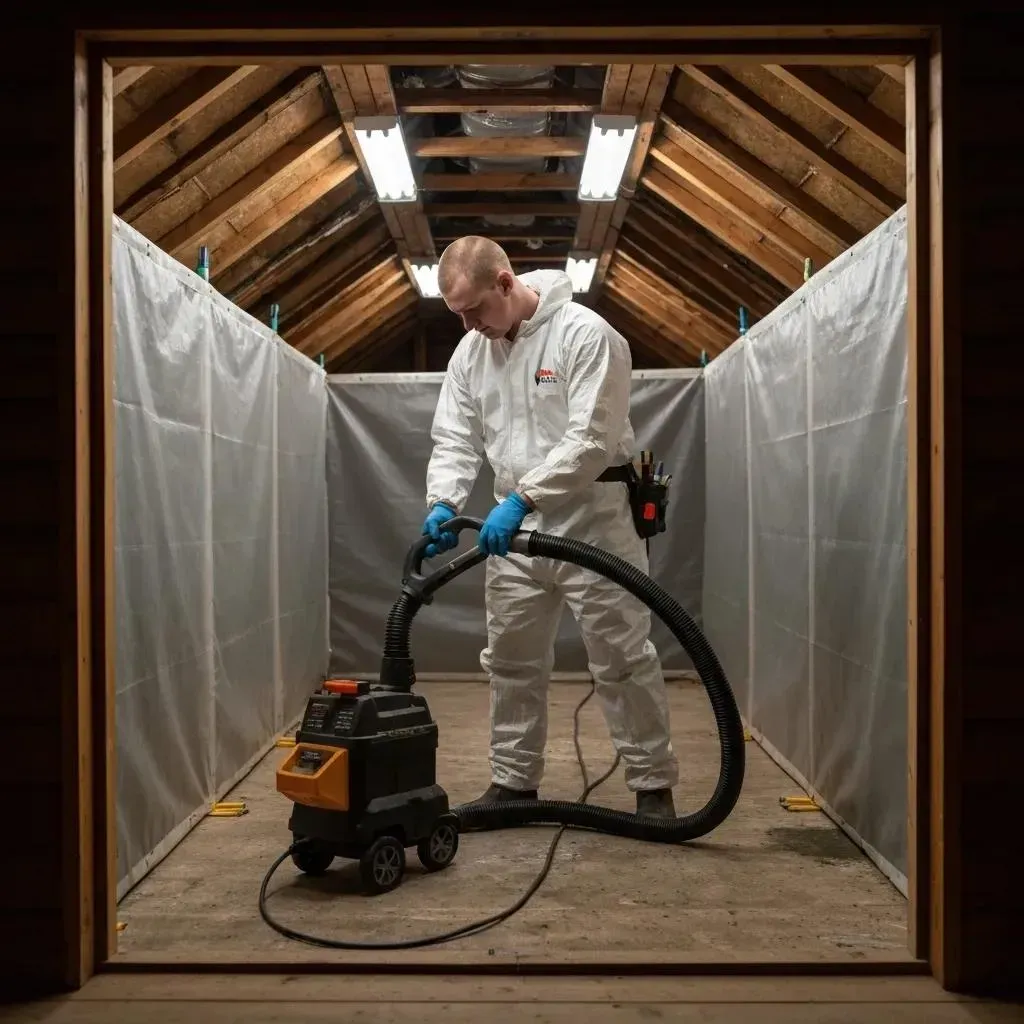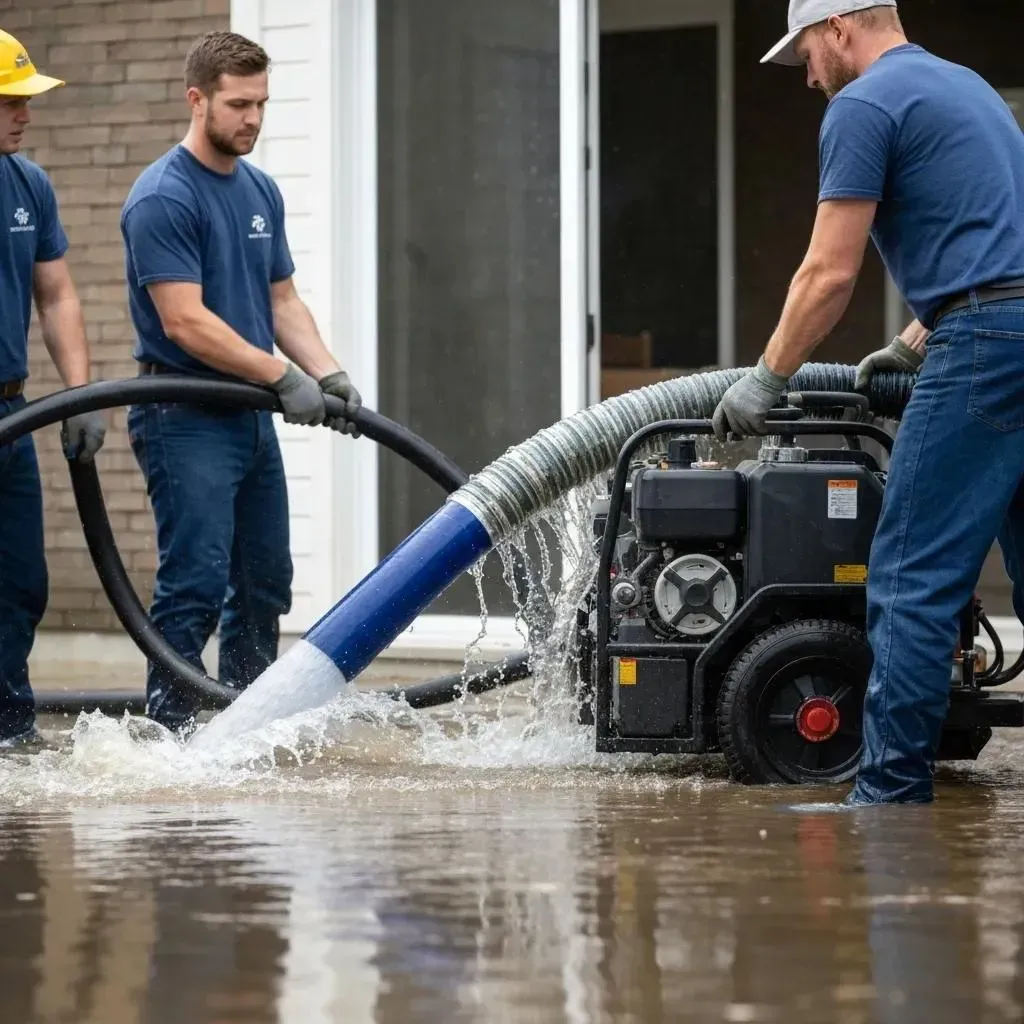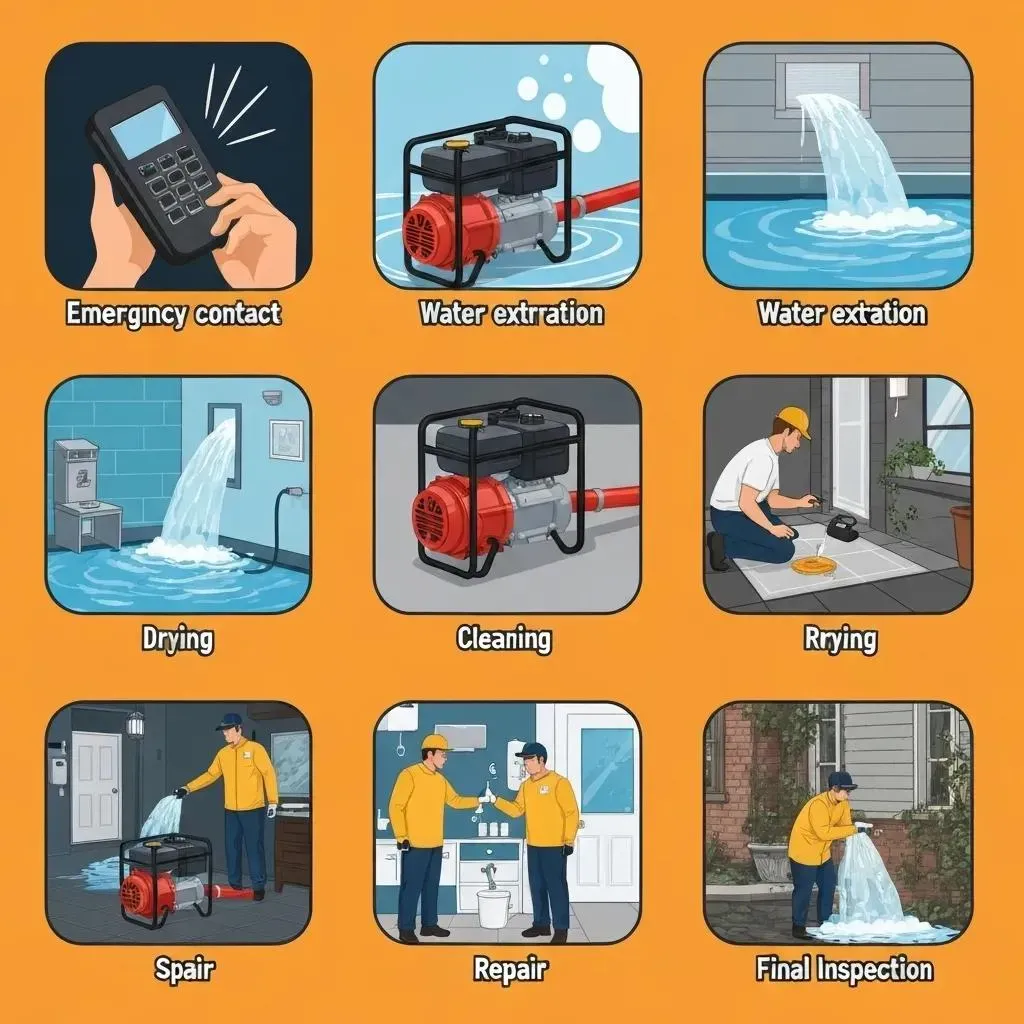Blog
Why Water Damage and Restoration Are Critical for Your Denver Property
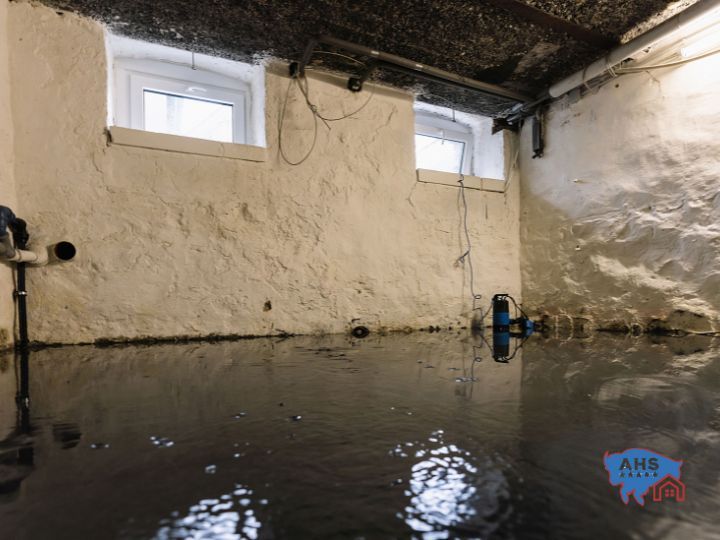
Imagine coming home after a long day, only to find your floors soaked and your walls damp from a burst pipe or an unexpected flood. Unfortunately, this is a reality for many homeowners in Denver. Water damage is one of the most common property issues, and if not addressed quickly, it can lead to serious structural problems and costly repairs.
According to the Insurance Information Institute, about 14,000 people experience a water damage emergency in the U.S. every single day. From heavy rains and snowmelt to plumbing failures, water damage can strike at any time, often leaving homeowners feeling helpless. But acting fast can make all the difference.
As a trusted provider of water damage restoration services in Denver, we know how overwhelming it can be. That’s why we’ve put together these 9 must-know tips to help you understand why water damage and restoration are critical for your property and what steps you should take if you ever find yourself dealing with a water-related disaster.
Water Damage Can Happen in Many Ways
Many people associate water damage with flooding, but it can originate from multiple sources. Some causes are sudden and unexpected, while others develop slowly over time, leading to hidden damage that may go unnoticed until it’s too late.
Common Causes of Water Damage
- Burst or Leaky Pipes – Old, corroded, or frozen pipes can rupture and flood your home.
- Appliance Malfunctions – Washing machines, water heaters, and dishwashers can leak and cause severe damage.
- Roof Leaks – Damaged or missing shingles can let water seep into your home’s structure.
- Severe Weather – Heavy rain, snowmelt, and flash floods can overwhelm drainage systems.
- Sewer Backups – Blocked or broken sewer lines can cause wastewater to back up into your home.
- Poor Drainage Systems – Clogged gutters or improper drainage can cause water to accumulate near your foundation, leading to basement flooding.
Understanding the different causes of water damage can help you take preventive measures before a disaster occurs.
Immediate Action Is Key to Preventing Further Damage
Water damage can escalate quickly, so taking immediate action is essential to minimize the impact on your property. The longer water sits, the more it seeps into walls, floors, and furniture, increasing the cost of repairs.
What to Do Right Away
- Stop the Water Source – If possible, shut off the main water supply to prevent further flooding.
- Remove Excess Water – Use towels, buckets, or a wet vacuum to remove standing water.
- Call a Professional Restoration Company – Experts have the tools and experience to dry, clean, and restore your home properly.
- Document the Damage – Take photos and videos for insurance purposes before starting the cleanup process.
- Move Valuables to a Dry Area – Remove electronics, furniture, and important documents from the affected area to prevent further damage.
Fast action can mean the difference between a quick recovery and long-term structural problems.
Mold Can Start Growing in as Little as 24 Hours
Mold thrives in damp conditions, making water damage a breeding ground for dangerous spores. Once mold begins to grow, it can spread quickly, leading to health hazards and costly remediation.
Signs of Mold Growth
- Musty odors in the affected area.
- Discoloration on walls, ceilings, or floors.
- Increased allergy or respiratory issues among occupants.
- Warped or peeling paint due to trapped moisture.
Professional water damage restoration includes thorough drying and dehumidification to prevent mold from taking hold.
Not All Water Damage Is the Same: The Three Categories of Water
Water damage is classified into three categories based on contamination levels. Understanding the type of water damage in your home can help you determine the necessary precautions and cleanup methods.
Types of Water Damage
- Category 1 (Clean Water) – Comes from a clean source, such as a broken water supply line or faucet. Generally safe but still requires quick cleanup to prevent mold growth.
- Category 2 (Grey Water) – Contains some contaminants and may come from appliances like dishwashers or washing machines. Exposure to this type of water can cause mild health issues.
- Category 3 (Black Water) – Highly contaminated water from sewage backups or floodwaters; requires specialized cleanup due to health hazards.
Structural Damage Can Be Hidden Beneath the Surface
Even if water damage seems minor, it can weaken structural elements like drywall, wood framing, and flooring. Water can seep into areas that are not immediately visible, causing issues that may not become apparent until months later.
Common Structural Damage from Water
- Warped wood and swollen drywall
- Cracked foundations and weakened support beams
- Electrical hazards from water exposure
- Deteriorated insulation leading to energy loss
Professional inspections and restoration ensure that no hidden damage is left untreated.
Your Insurance May Cover Water Damage—But It Depends
Homeowners’ insurance policies vary when it comes to water damage coverage. Understanding what your policy covers can help you avoid unexpected out-of-pocket expenses.
What Insurance Typically Covers
- Sudden pipe bursts and appliance failures
- Roof leaks due to storms
- Sewer backups (if you have an endorsement)
- Water damage caused by firefighting efforts
What Insurance May Not Cover
- Flood damage (requires separate flood insurance)
- Long-term leaks due to poor maintenance
- Mold damage if caused by neglect
Always review your policy and speak with your insurance provider about coverage details.
Professional Drying and Dehumidification Are Essential
Even after standing water is removed, moisture can linger in walls, carpets, and subfloors. This trapped moisture can lead to long-term damage and mold growth.
Why Professional Drying Matters
- Industrial-grade dehumidifiers remove moisture from the air and surfaces.
- Moisture meters detect hidden dampness that isn’t visible to the eye.
- High-powered fans speed up the drying process and prevent mold growth.
Reconstruction May Be Necessary After Severe Water Damage
Severe water damage may require reconstruction to restore your home’s integrity. This can range from minor repairs to full-scale remodeling.
Common Reconstruction Needs
- Drywall replacement
- Flooring repair or installation
- Structural reinforcements
- Repainting and finishing touches
Hiring a Trusted Water Damage Restoration Company Saves Time and Money
DIY restoration often leads to incomplete drying, mold problems, and structural issues. Hiring a professional restoration team ensures:
- Fast response times to minimize damage
- Proper drying techniques to prevent mold
- Insurance assistance to maximize your claim
- High-quality reconstruction services
People Also Ask
- How long does water damage restoration take?
The duration of water damage restoration depends on the extent of the damage. Minor cases can take a few days, while more severe damage requiring structural repairs may take several weeks. - Can water damage lead to electrical hazards?
Yes, water can seep into electrical outlets, wiring, and appliances, increasing the risk of short circuits and electrical fires. It’s important to have an electrician inspect your home if water has reached electrical components. - Does water damage always result in mold growth?
Not necessarily, but mold can start growing within 24-48 hours if moisture isn’t properly removed. Fast and professional drying techniques significantly reduce the chances of mold infestation. - Can I stay in my home during the water damage restoration process?
In minor cases, you may be able to stay, but in severe damage situations with high humidity, mold risk, and structural repairs, it may be safer to relocate temporarily until restoration is complete.
How Accountable Home Services Can Help You
If you’re dealing with water damage in Denver, Accountable Home Services is here to help. We specialize in water damage and restoration, providing fast, professional solutions to protect your property.
Address: 1347 E 73rd Ave, Denver, CO 80229
Phone Number: (720) 620-3272
Visit Us Online: Accountable Home Services
Don’t wait until it’s too late.
Call us today for immediate water damage restoration services in Denver!

